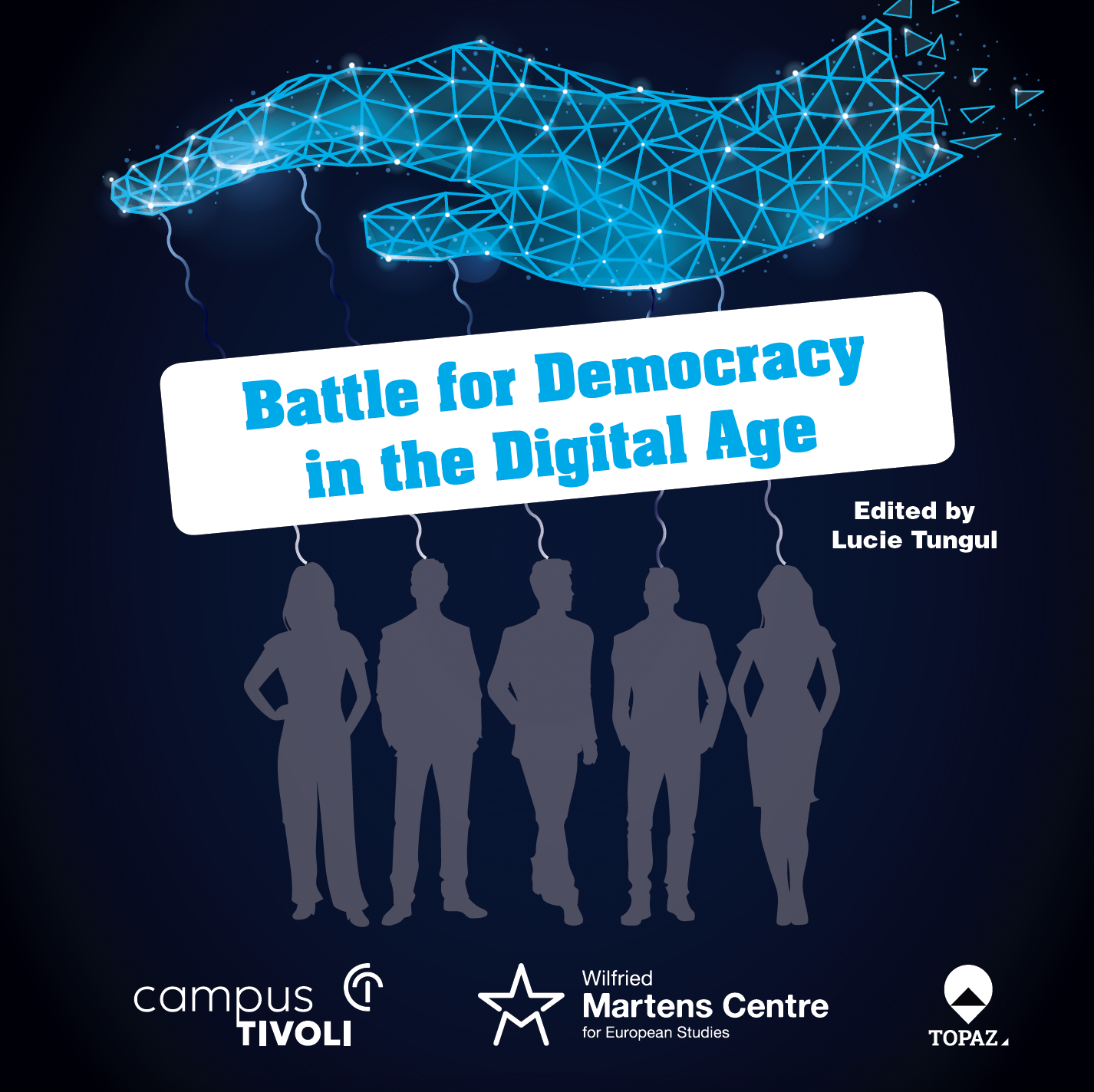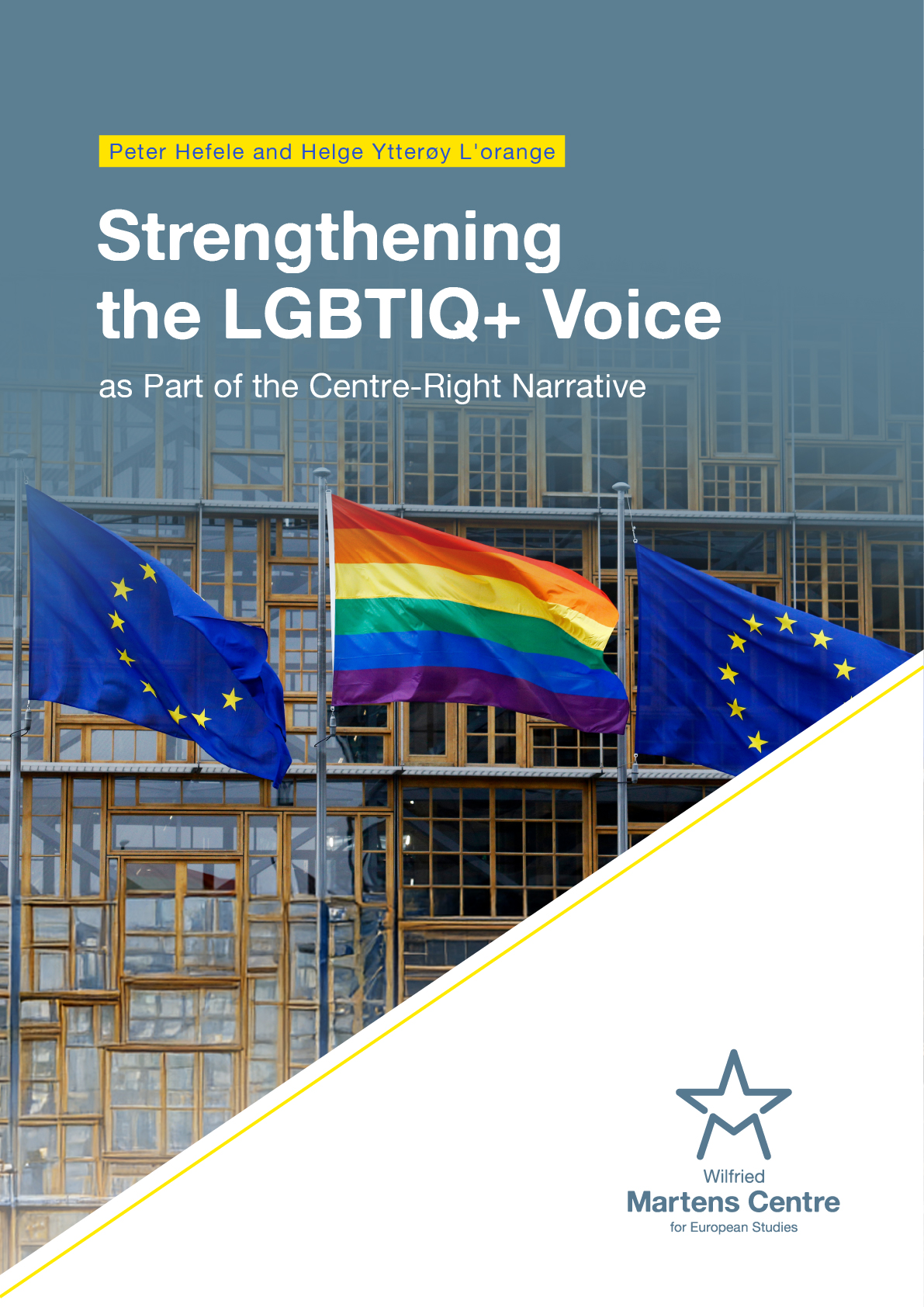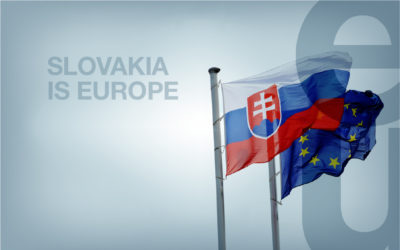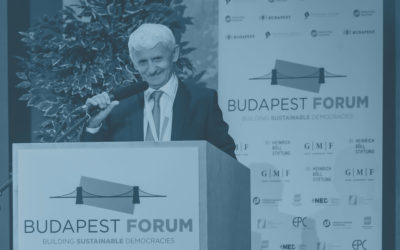Would we really be more free if the EU had never come into existence?
28 April 2014
With the hottest phase of the European election campaign approaching, it is hardly surprising that the attacks of the most rampant Eurosceptics against the EU are multiplying. Populists of all sorts describe it as a power-hungry leviathan keen on controlling people’s lives, hampering businesses with its regulatory fury and bound to stifle European freedoms and democracy in the grip of its bureaucratic tentacles. There may well be a grain of truth in some of these criticisms. However they all overlook the fundamentally liberalising force displayed by the European project in the last sixty years.
The origins of European integration were as much about peace as they were about individual freedom. This is hardly surprising in light of the mighty enemy these two ideals had in common in pre-war continental Europe: aggressive ideologies aimed at totalitarian control of individuals and societal resources, allegedly in the superior interest of the community. It is no surprise that the first architects of the European project were to a large extent liberals and Catholics, both committed to the preservation of an individual sphere autonomous from state control, while the collectivist left stayed largely hostile to it. After centuries of centralizing tendencies, nation states accepted an unprecedented pooling of sovereignty under common supranational institutions. Where threats to freedom used to come from the ambitions of aggressive foreign powers, such as in Eastern European countries and the UK, it may be difficult to understand that national rulers and overbearing nation states have been for a long time one of the most acute dangers to individual liberty on this continent. It was the European project that finally addressed this problem.
In spite of the many mutations and difficulties of the following decades, European integration has stayed loyal to this original inspiration, constantly increasing the range of individual possibilities and restraining state powers. Under the Treaties of Rome, member states relinquished control of their trade policy and committed themselves to the abolition of state-imposed obstacles to the free movement of goods, services, capital and workers. For that purpose, they resorted to the most liberal of all possible means: a new supranational judicial system, under which the centuries-old dream of the rule of law replacing the rule of force in interstate relations was realised. In fact, in the first decades of European integration it was the rule of law that enlarged the scope of individual freedom against the statist tendencies of most national governments. It was the ruling of the European Court of Justice in the Cassis de Dijon case (1979) that fired the first salvo of what was to become the long and still ongoing battle to complete the European common market. In the 1980s, with the Single Market project on track, freedom-loving politicians from all member states enthusiastically joined the Commission in its effort to open up national markets, break up state monopolies, encourage competition and roll back the frontiers of the state in national economies. We owe a great deal of our economic freedom, the great variety of goods we enjoy and the high quality of many of our services to this unprecedented liberalising effort.
In the 1990s Europe made yet another gift to its citizens: the freedom to move, take up jobs and settle anywhere they liked within the common market, soon to be transformed into a fully-fledged European Union. Plans for the creation of a new common currency were also advanced. The euro did away with state control of the money supply, one of the most ancient pillars of state grip on society and the economy. For centuries, and until the very eve of the European Monetary Union, political institutions had used their monopoly of the money supply to surreptitiously extract resources from recalcitrant societies. While the ancient kings were used to debasing their gold and silver coins, modern democratic states have consistently resorted to the printing press to artificially support increasing levels of public debt. For past generations, this vicious practice came at the price of higher and higher inflation, the most unfair tax one can imagine; an even greater pain is inflicted on many contemporary Europeans, upon whose shoulders the short-sightedness and irresponsibility of past governments have placed a heavy burden. Once again, it is the European project that has unmasked the traditional deceptions of national politics and restrained the tendency of many governments to treat their economies as the ancient kings treated their hunting reserves.
I am very well aware that the European Union of our days has many severe limitations and contradictions and that its liberal spirit has taken on a scary appearance to many of us. However, I am firmly convinced that the European project can still be the most cherished endeavour of freedom-loving people all over the continent. If there are problems, let us fight hard for them to be tackled and overcome; if the project seems to have derailed, let us get together and hurry to put it back on track. Let us never forget the prescient words of Friedrich von Hayek, the doyen of twentieth century liberalism, in 1939: ‘There seems to be little possible doubt that the scope for the regulation of economic life will be much narrower for the central government of a federation than for national states. Since the powers of the states which comprise the federation will be yet more limited, much of the interference with economic life to which we have become accustomed will be altogether impracticable under a federal organisation’. All Europeans of the twenty first century should remember that.
ENJOYING THIS CONTENT?





















